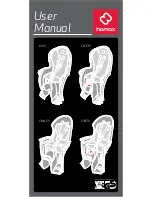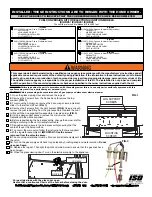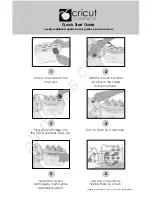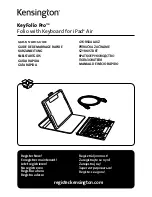
z
32
(32)
(31)
(33)
(9)
(32)
(11)
Figure 9: Mounting water leakage sensor
(31) Water leakage sensor plug
(32) Water leakage sensor
(33) Connection socket for additional water
leakage sensors
Mounting water leakage sensor
The leakage sensors are positioned under the
sink, in the area of the dishwasher and in addi-
tional places where water leakage is likely.
Insert plug of the leakage sensor (31) into
the jack on the power control unit (11).
Place the water leakage sensor (32) under
the dishwasher (Figure 9).
Optional: Insert additional water leakage sen-
sor into the plug (33) of the front sensor (31).
Testing water leakage sensor
Place a moist cloth on the water leakage
sensor.
Cookguard triggers test alarm
After successful test dry and clean water
leakage sensor.
5.2 Commissioning and performing a functional test
A functional test should be carried out by an
electrician after installation.
The default settings of the cookguard are to
be used for the initial setup. If the mounting
height of the sensor unit or the dimensions of
the cooker/hob vary from the standard values
(Figure 8), then the commissioning must be per-
formed manually (see Manual commissioning).
Performing a functional test
Switch on cooker/hob with highest power.
With an induction cooker a suitable pot must be
used for commissioning. Keep the operation
button (3) pressed for 5 s.
The power supply to cooker/hob is interrupt-
ed. Cooker/hob is switched off.
Check if cooker/hotplate is switched off.
Switch off cooker/hob manually via the corre
-
sponding hotplate switch.
With the cooker/hob switched off, press the
operation button (3) once.
The power supply to the cooker/hob is
switched on again. Cookguard is ready for
operation. Status LED (5) flashes once in
green.
















































